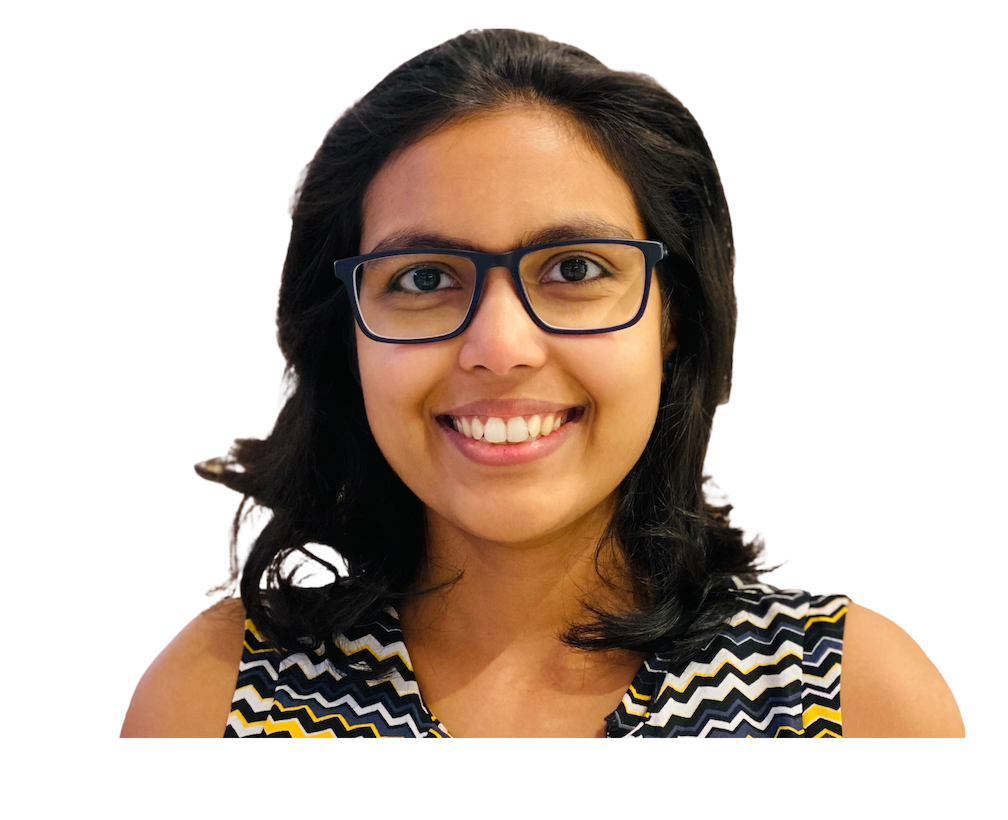Charini Nanayakkara and Anushka Vidanage (18.06.2025)
ScaDS.AI Dresden/Leipzig announces and welcomes you to join our public colloquium session on Wednesday, 18.06.2025, 3:15-5:15 p.m. The speakers are Dr. Charini Nanayakkara and Dr. Anushka Vidanage. The colloquium takes place at seminar room “Zwenkauer See” at ScaDS.AI Dresden/Leipzig (details below) and parallel online (link to Zoom session).

Linking a Real-World Historical Dataset: Key Challenges and Solutions
The Scottish Historic Population Platform (SHiPP) project aims to integrate millions of Scottish civil registration certificates (births, deaths and marriages) between 1855 and 1973. Such a linked dataset facilitates research regarding socio-economic factors including health, wealth, occupation, and social structure of large populations. This would otherwise be infeasible. Studying these issues is important to identify how societies evolve over time and discover the changes that influenced and contributed for social evolution.
Linking massive, heterogeneous datasets, however, is not a trivial task due to data quality and scalability issues, as well as the lack of ground truth data in the form of known true matches and non-matches. In this talk, we discuss the techniques, such as Locality Sensitive Hashing-based blocking and unsupervised evaluation methods developed for mitigating these challenges encountered with linking this real-world dataset.
About Dr. Charini Nanayakkara
Dr. Charini Nanayakkara is a Postdoctoral Research Fellow at the Australian National University (ANU) in the School of Computing. There she conducts research on record linkage techniques for integrating large-scale population data. She is funded by the University of Edinburgh for her contributions to the Scottish Historic Population Platform (SHiPP) project. She is also a co-convenor and lecturer of the Data Wrangling course offered at the ANU, teaching cohorts of over 200 undergraduate and Master students.

Data Privacy Through Decentralised Data Storage Solutions: Personal Online Datastores
Centralised collection of data is currently the core of many cloud-based applications including but not limited to Facebook, Twitter, Instagram, Wikipedia, and Amazon. This data belongs to the individuals to whom the data relates, yet they remain in the control of those organisations. While certain types of access are given back, individuals do not fully perceive and understand what type of data about them is being stored, how it is being used, or what data they can ask to access. Furthermore, centralised collection of this complex and sensitive data has led to it being vulnerable to security and privacy breaches. Increasingly society is recognising the need for a paradigm shift in how data is collected, secured, controlled, and stored.
The concept of a personal data wallet or a personal online datastores (PODs) has been proposed and is emerging as one solution where personal data will be stored in a distributed manner while giving individuals complete control (self-sovereignty) over their own data. In this specification, I will talk about a technology called Solid – a project led by Sir Tim Berners-Lee – and its ability to host PODs for individuals for their personal data. With Solid PODs individuals gain complete control over with whom, when, and how they share their data and even where their data is hosted. I will discuss how and if PODs will enable better privacy for our personal data and what the future of data look like with PODs.
About Dr. Anushka Vidanage
Dr. Anushka Vidanage is a research fellow at the Software Innovation Institute, ANU School of Computing, with over 7 years of experience in research fields of data privacy. His research interests include data privacy and security through Pods, privacy-preserving record linkage, and distributed machine learning.
Location
ScaDS.AI Dresden/Leipzig
Löhrs Carré, Humboldtstrasse 25, 04105 Leipzig
3rd floor, large seminar room (A 03.07 “Zwenkauer See”)


